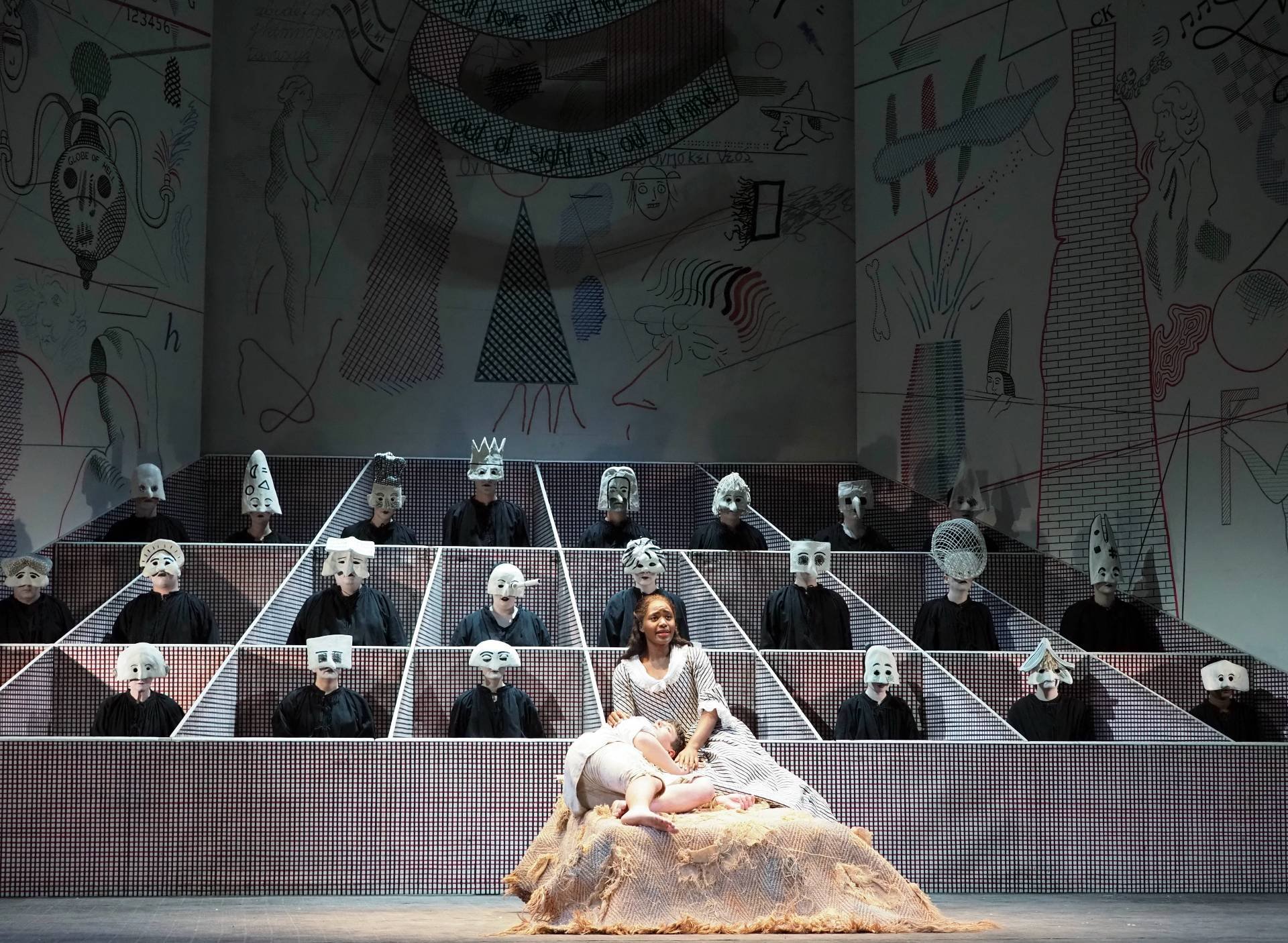W. H. Auden - Poems selected by John Fuller/Faber & Faber (2000)
I am not going to attempt to comment on W. H. Auden’s myself but am relying on John Fuller in his introduction to his short selection of Auden’s poems, one for every year, and the introduction to him in The Poetry Archive, which I assume is by Andrew Motion, the driving force behind the creation of this online treasure-trove during his time as Poet Laureate.
As Motion writes, Auden is one of the most influential voices in 20th Century poetry. It is impossible to summarise his achievements, ranging as they do across some four hundred poems in a bewildering variety of styles, as well as drama, essays, libretti, travel writing and critical works.
Auden was not only our first major poet to have a scientific education, he was also our first post-modernist poet. In the 1930s when much of his greatest poetry was written he was driven by the investigative and forensic possibilities of all the varied genres, voice and forms of the English poetic tradition. Eventually he was content to be driven largely by his material. But nonetheless he had always been a poet for whom ideas were crucial and he never failed to worship the language without whose enchantment ideas in poetry will fail to impress.
Auden was also careful to remember that poetry must give pleasure and rarely exploited it for the purpose of complaint. In his later poems such as the one below, he sought on every occasion to give thanks. All the different periods of his poetic output were alike in considering the poetic vocation as a sacred trust: the perfection of the work over perfection in the life.
And yet for Auden there was always a danger in poetry becoming too introspective or high-minded. He believed in a perfectly practical way, that its function was moral and parabolic, that it could work instructively on any of the many levels at which the human mind functions (‘even a limerick ought to be something a man of honour could be read without contempt’). In 1936, speaking to the Workers’ Educational Association, he put it another way: ‘Really to appreciate archdeacons , you must know some barmaids, and vice versa. The same applies to poetry.’
Tom Rakewell (Frederick Jones), Anne Trulove (Nardus Williams) and the Glyndebourne Chorus
© Glyndebourne Productions Ltd. Photo: Sisi Burn
The poem chosen, ‘Walks’, was written in 1957. I have no idea how much Auden actually walked in his life but after leaving Oxford with a third-class degree in English, he spent five years school-teaching and travelling to Berlin, Iceland and China, and his whole life was characterised by a certain restlessness. He must have done a lot of walking as most people would have in the late 1920s, and in this short poem, breezily analytical, both personal and yet universal, his pleasure is clear. But note the last stanza with its complete switch of subject and moral tone, from personal enjoyment to the walks of someone else.
Walks -W. H. Auden
I choose the road from here to there
When I’ve scandalous tale to bear,
Tools to return or books to lend
To someone at the other end.Returning afterwards, although
I meet my footsteps toe to toe,
The road looks altogether new
Now that is done I meant to do.But I avoid it when I take
A walker’s walk for walking’s sake:
The repetition it involves
Raises a doubt it never solves.What good or evil angel bid
Me stop exactly when I did?
What could have happened had I gone
A kilometre further on?No, when a fidget in the soul
Or cumulus clouds invite a stroll,
The route I pick goes roundabout
To finish where it started out.It gets me home, this curving track,
Without my having to turn back,
Nor does it leave it up to me
To say how long my walk shall be,Yet satisfies a moral need
By turning behaviour into deed,
For I have boxed the compass when
I enter my front door again.The heart, afraid to leave her shell,
Demands a hundred yards as well
Between my personal abode
And either sort of public road,Making, when it is added too,
The straight a T, the round a Q,
Allowing me in rain or shine
To call both walks entirely mine,A lane no traveller would use,
Where prints that do not fit my shoes
Have looked for me and, like enough,
Were made by someone whom I love.
